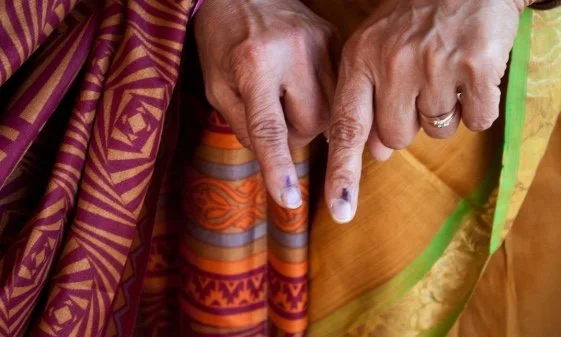
Rahul Gandhi Accuses Election Commission of Enabling Voter Fraud in Haryana
The Leader of the Opposition, Rahul Gandhi, has accused the Election Commission of India (ECI) of facilitating mass voter fraud to benefit the ruling Bharatiya Janata Party (BJP) in the 2024 Haryana assembly election. Speaking at a press conference in New Delhi on November 5, Gandhi alleged that there were 2.5 million fake entries in the state’s voter rolls, saying the figure is significantly larger than the combined margin of BJP’s victories in key constituencies.
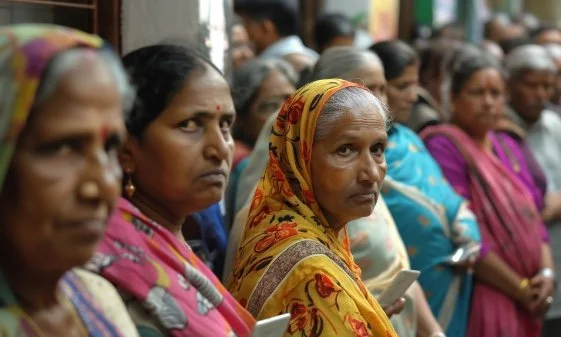
Tamil Nadu Party Challenges SIR in Supreme Court, Citing Risk to Electoral Rights
The Dravida Munnetra Kazhagam (DMK) party in Tamil Nadu has filed a writ petition in the Supreme Court challenging the Election Commission of India’s (ECI) expansion of a voter list verification drive known as the Special Intensive Revision (SIR). The petition claims that the SIR exercise, now extended to 12 states and Union Territories, threatens the right of citizens to participate in elections and imposes burdens that resemble a citizenship test without legal authority.
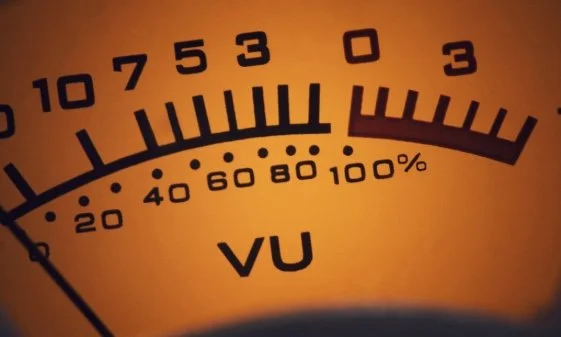
Govt Forensic Lab Claims ‘Manipur Tapes’ Tampered With
The Indian government’s forensic laboratory has told the Supreme Court that audio tapes allegedly implicating Biren N. Singh, former chief minister of Manipur, in ethnic violence were tampered with and cannot be used for voice comparison.
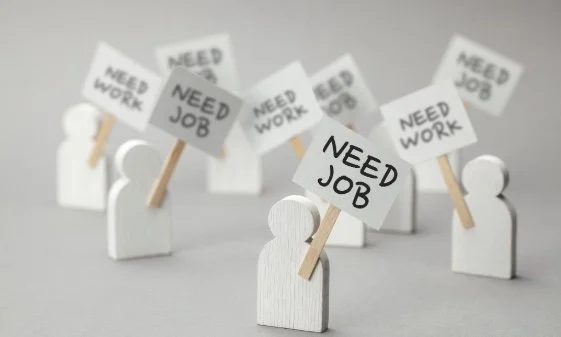
India’s Services Sector Drives Growth but Fails to Create Secure Jobs
A new report from the government’s think tank NITI Aayog shows that even though services account for more than half of India’s total economic output, they employ less than a third of the country’s workforce. The imbalance signals a deeper structural fault in India’s development model, where growth is accelerating without offering meaningful or secure work to most people.
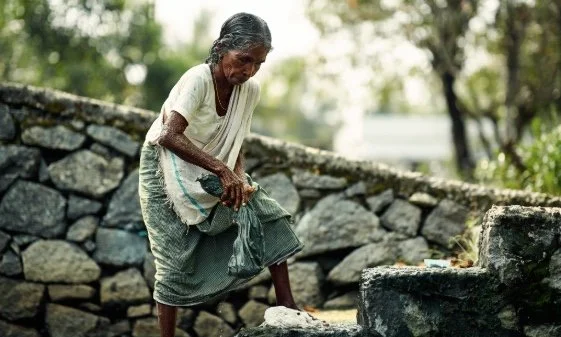
Kerala Set to Declare End of Extreme Poverty, Experts Question the Basis
As Kerala Chief Minister Pinarayi Vijayan prepares to formally declare the state the first in India to be entirely free from extreme poverty on November 1, a group of economists, statisticians and public intellectuals have posed a basic and unavoidable question: how was this conclusion reached?
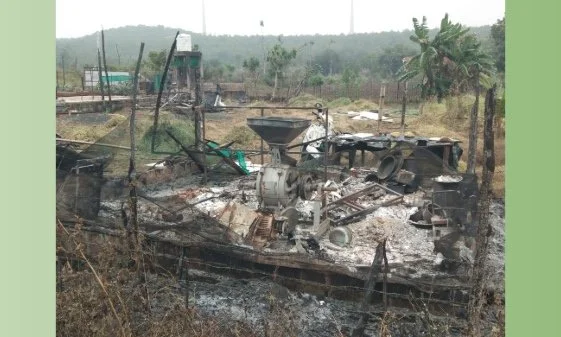
Youth Collective’s Site Set on Fire After Assault, Charges Over Books on Ideology
Unidentified individuals set fire to a rural campus run by the youth collective HOWL (How Ought We Live), which works with tribal communities, destroying property worth lakhs. The suspected arson came after months of rising hostility, including physical assaults, allegedly by local right-wing groups, and the arrest of the group’s founder on charges of offending religious sentiments.
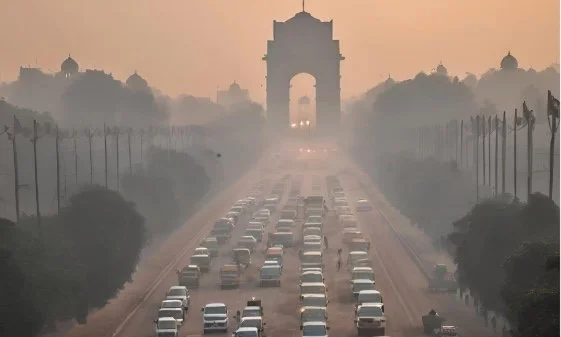
India Accounts for 70% of Global Air Pollution Deaths: Report
India accounts for nearly 70% of all global deaths caused by air pollution, according to a new international report by a global research collaboration, the Lancet Countdown. The report estimates that PM2.5 pollution in India is now responsible for around 1.72 million deaths each year, marking a sharp 38% rise since 2010.
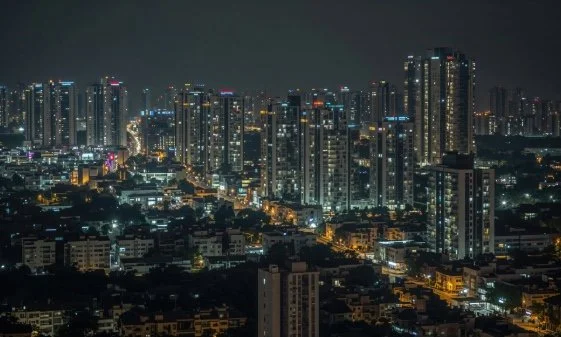
Ground is Sinking Under Millions of Homes in Indian Cities: Study
A new study offers a serious warning for India’s rapidly expanding urban areas, presenting evidence that large parts of five megacities, including Delhi, Mumbai, Chennai, Kolkata and Bengaluru, are sinking due to the over-extraction of groundwater. This subsidence is causing uneven ground deformation, which in turn is putting thousands of buildings at growing risk of long-term structural damage.
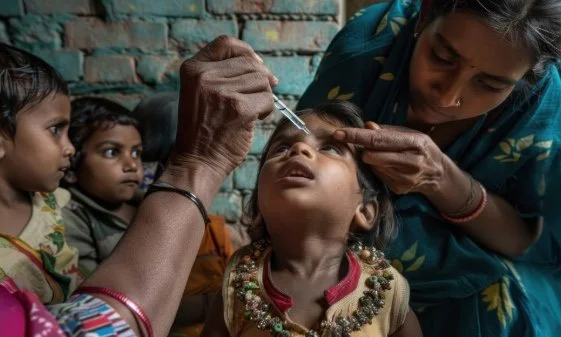
India’s Free Healthcare Scheme Failing Patients as Hospitals Go Unpaid, Says Report
A report by The Guardian warns that delayed payments to hospitals are threatening the functioning of the Ayushman Bharat health insurance scheme. Paired with the lack of basic healthcare infrastructure in many parts of the country, especially in rural and neglected areas, the crisis becomes even more pressing.

Can Long-Haul Flights Be Safe With Fewer Pilots and Longer Shifts?
The aviation regulator’s decision to extend duty hours for pilots flying the Boeing 787 Dreamliner, a wide-body aircraft used for long international flights, has direct safety implications for passengers. The decision ignores key fatigue-related risks that global regulators and airlines are actively trying to reduce, and it does so at a time when the aircraft in question already has limitations affecting pilot rest during flight.
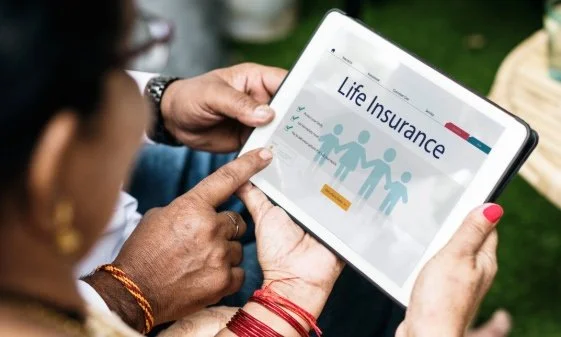
LIC Denies Government Role in $3.9 Billion Adani Investments
The Life Insurance Corporation of India (LIC) has rejected allegations made by The Washington Post that its investment decisions, specifically a $3.9 billion infusion into companies owned by industrialist Gautam Adani, as reported by the newspaper, were directed by the Indian government. What remains unanswered is whether LIC considered the legal and financial risks associated with Adani Group at the time, and how it justified increasing its exposure despite market volatility and public criticism.
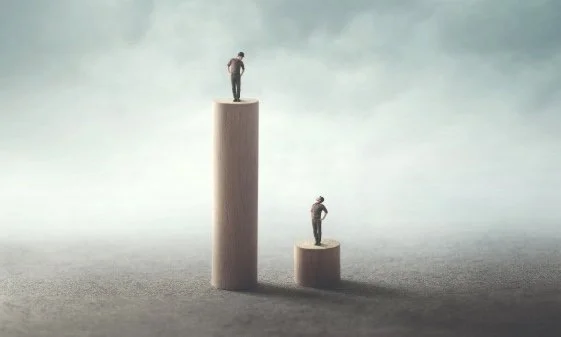
Government Routed LIC Investments to Adani, The Washington Post Alleges
An investigative report by The Washington Post alleges that the Indian government directed $3.9 billion in public funds from the state-owned Life Insurance Corporation (LIC) into industrialist Gautam Adani’s companies at a time when global lenders were retreating due to fraud and bribery charges filed against him in the United States. The report presents this as an example of the convergence of crony capitalism, state-enabled financial support and elite consolidation within India’s current political economy.
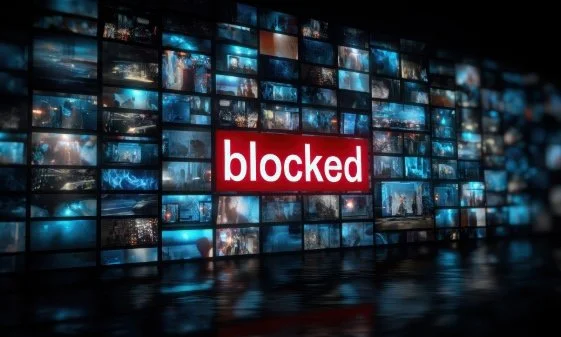
Govt Limits Who Can Issue Internet Takedown Orders, But Questions Remain
The central government has restricted the number of officials authorised to order the removal of online content from social media platforms and websites, departing from its earlier policy that allowed thousands of officers to issue such directions. While the change appears to promote accountability, it leaves unresolved the concern that a government-run effort to combat “misinformation” could also silence legitimate reporting, commentary and political critique.

MP Police Treat Reading Political Ideology as Evidence of Crime
Madhya Pradesh Police have cited books on fascism and communism as evidence in a chargesheet against a youth collective founder accused of hurting religious sentiments. If political literature can be treated as criminal evidence, then any citizen engaging with dissenting ideas risks being branded a threat to public order.
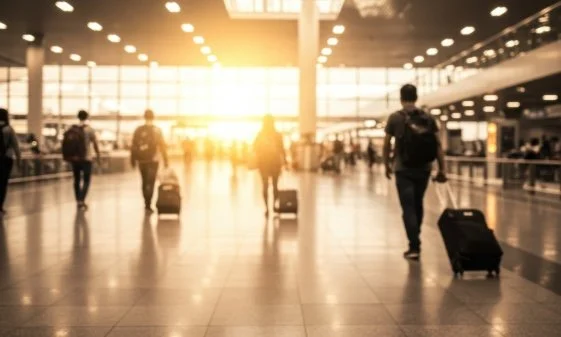
Our Government Says It Loves Hindi, Then Bans a Hindi Scholar
Francesca Orsini, a world-renowned scholar of Hindi and South Asian literature, was turned away at Delhi airport despite holding a valid Indian visa, without explanation. If this government is truly the patron saint of Hindi, it seems to have a curious way of showing affection, by banning one of its most devoted translators.
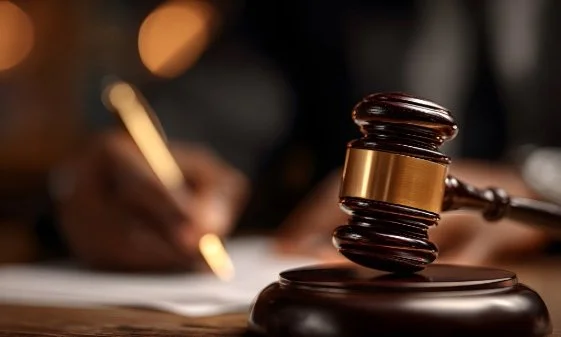
Judge With Civil Rights Record Shifted to Lower Rank After Govt Request
The Supreme Court collegium has reportedly altered its earlier recommendation on the transfer of Justice Atul Sreedharan, a senior High Court judge known for pro-civil rights rulings, following a request from the Union government. This suggests that the judiciary’s internal decisions remain vulnerable to executive pressure, and the collegium has willingly accommodated that pressure rather than defending its own independence.
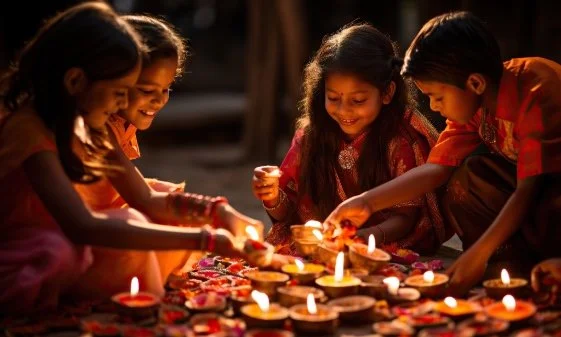
Delhi Needs No Balance Between Diwali and the Air It Breathes
Calling it a “balanced” decision between tradition and the environment, Delhi’s Chief Minister welcomed the Supreme Court’s move to allow firecrackers this Diwali, even as the city’s air turned visibly toxic. There is no balance in that. There is evasion, political softness and a confusion between ritual and substance.
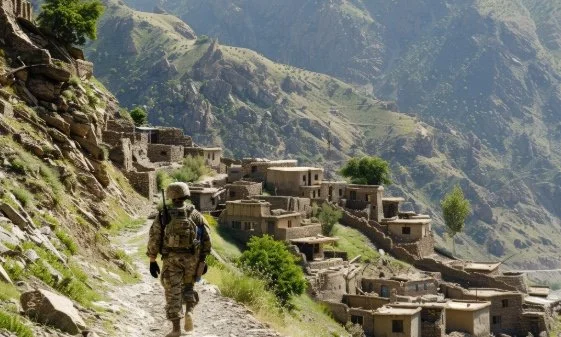
Ladakh Protest Curbed by Internet Ban and Police Deployment
A planned silent march by the Leh Apex Body (LAB) and Kargil Democratic Alliance (KDA) on Oct. 18 was blocked in Leh, Ladakh, by police deployment and a mobile internet shutdown. In a democracy, a demand for statehood and constitutional safeguards must be heard, not silenced.
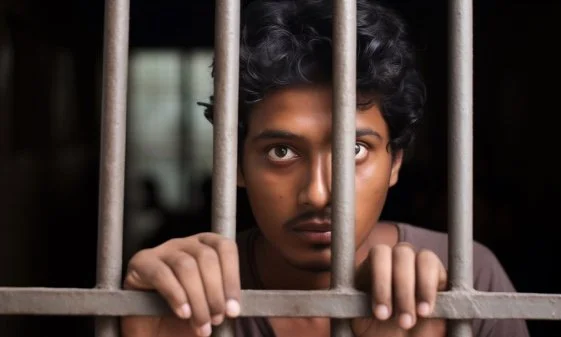
3 in 4 Prisoners in India are Undertrials, Mostly Poor and Marginalised
Over 500,000 people are currently locked up in Indian prisons. Nearly three-fourths of them are undertrials, people who have not been convicted of any crime, as noted by IndiaSpend. Most are poor, young and come from historically disadvantaged castes. The question is not how many, but why they are still there, and who keeps them there.
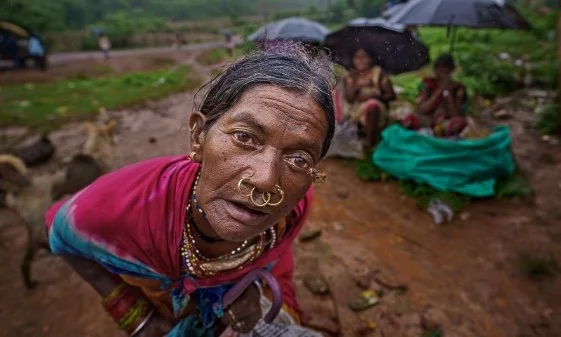
Government Wants to Push Hindi in Tribal Schools
The Union Ministry of Tribal Affairs has directed government-run residential schools in tribal areas to promote Hindi among students. The order appears to impose language from above, brushing aside the cultural and linguistic rights of tribal communities and eroding the Constitution’s promise of plural and inclusive education.
